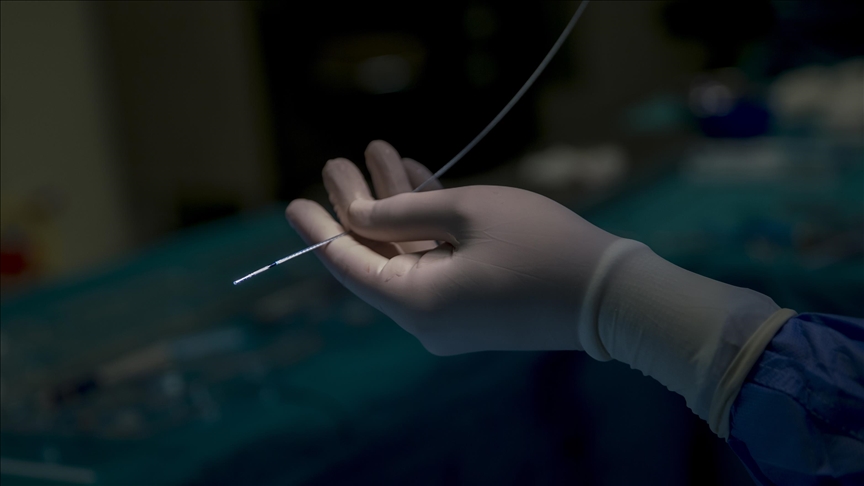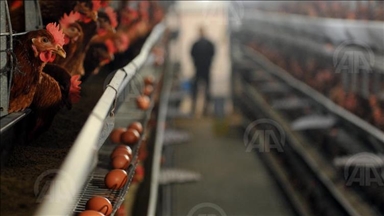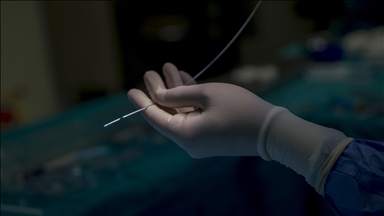Researchers reveal how certain gene raises Alzheimer’s risk by starving brain cells: Report
APOE4 gene prevents old brain cells from using lipids for energy, increasing risk of Alzheimer’s, researchers at Danish university find

ISTANBUL
Researchers from a Danish university revealed how the APOE4 gene increases the risk of Alzheimer’s by preventing old brain cells from absorbing nutrients, broadcaster DR reported on Thursday.
Aarhus University researchers discovered that the APOE4 gene prevents old brain cells from using lipids for energy, leaving them starved and increasing the risk of developing Alzheimer’s.
"Our research shows that the brain is highly dependent on being able to switch from glucose to lipids with age, so when you are a carrier of the APOE4 gene variant – which inhibits that switch – you have a much higher risk of getting Alzheimer's," said Thomas Willnow, the research leader.
Reportedly, if people carry the APOE4 gene, which affects 24% of the world’s population, the risk of Alzheimer’s rises two to three times, and for the two to three percent who carry two copies, the risk increases tenfold.
However, Willnow recommended against getting tested for APOE4 as there is no treatment for those who carry the gene while reaffirming that they can still investigate how to prevent or delay the process if they can understand why brain function deteriorates.
"There are already drugs on the market that target the body's ability to utilize lipids. It may turn out that one of these agents can be used in the treatment – or even prevention – of Alzheimer's. I am very optimistic," he noted.








